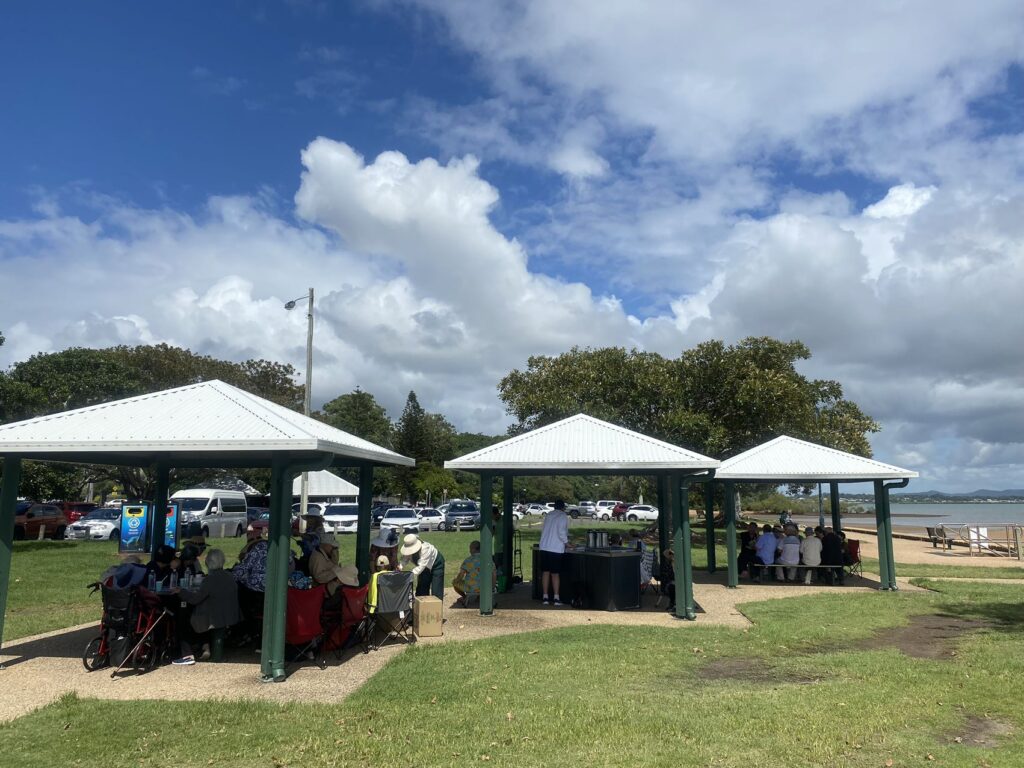The seasons change and with those changes, the challenges that seniors face in retaining their comfort and well being also evolve. Which is why, adapting the home care plan for seniors becomes vital all year round whether it’s the blistering heat of summer or freezing cold of winter. There are a few simple things caregivers can do to ensure that seniors enjoy each season without putting them at risk
In this blog we will talk about how you can adjust home care according to the changing weather and at the same time make sure that your loved ones remain comfortable no matter what the weather is like.
Preparing for Winter
For seniors, winter months can be tough as days get shorter and temperatures start to drop. Cold is bad for seniors especially in regards to hypothermia or frostbite and they have a tendency to have a harder time walking on icy surfaces.
It’s essential to keep the house warm and cozy during the cold months. Make sure the heating system is in tip top order and use draft stoppers on windows and doors to keep cold air out. Make sure that seniors have easy access to lots of warm clothing and blankets.
Even indoors, encourage seniors to layer their clothes. They can also stick with a comfortable sweater or fleece and don’t have to turn the heat up too high. It is also wise to be present for seniors, you should check in on them more frequently during cold snaps to make sure they’re okay and that their living environment is still safe.
Maintaining Hydration and Comfort in Summer
It may seem, on the surface, that seniors aren’t as at risk in the warmer months, but summer has its own challenges. In summers with climbing temperatures, seniors are at risk of dehydration, heat stroke and sunburn, among others.
Keep seniors cool and hydrated: encourage them to drink water throughout the day to help. You can set up reminders to take water breaks and suggest flavored water or herbal teas in order to make hydration appear more pleasurable. And, it’s best to avoid caffeinated or alcoholic beverages, since they can actually dehydrate us.
Don’t forget to keep their living space cool, as well. Fans or air conditioning can help keep your house cool, blinds or curtains can help block the sun’s heat at the hottest part of the day. Seniors should wear light, breathable clothing and a wide brimmed hat when going outdoors to protect against the sun.
Spring Allergies and Fall Transitions
While spring is such a beautiful season, it can also bring on the challenge of having to deal with allergies — especially for seniors with a respiratory issue. Outdoors can become uncomfortable for seniors to enjoy due to sneezing, congestion, or itchy eyes because of pollen in the air.

To help manage allergies, keep windows shut when pollen counts are high. And a regular dusting and vacuuming will also help lower the number of allergens in the home. You might also want to look into an air purifier to remove pollen and other airborne irritants.
Cold and flu season can start in the fall, during the transition into cooler weather. Your seniors should be up to date on their vaccinations and you should encourage them to stay germ free with regular hand washing. Fruits and vegetables rich diets can also provide their immune system with a boost.
Adjusting Mobility for Changing Seasons
A senior’s mobility can also be affected due to the changing seasons. Whether you’re a senior or not, in winter icy sidewalks and steps make it dangerous for you to be outside and in summer the heat can exhaust and fatigue you more quickly.
To prevent falls in seniors’ homes, make sure they have the safety features in place, including handrails in stairways and grab bars in the bathrooms. And if they have to go outdoors on icy surfaces, using non-slip shoes or salting the walkways can lower the risk of slipping. If you’re plagued by joint pain in colder months, regular stretching or light exercise can help keep the muscles limber and reduce your discomfort.
Have seniors take it easy at the hottest parts of the day in the summer. Gentle exercise like walking or stretching is still important but it’s best to do this during cooler mornings or evenings.
Emotional Wellness Throughout the Year
Seniors are also emotionally affected by the change in weather. With winter feelings of isolation can occur due to its shorter days and low temperatures as people are compelled to stay indoors because of, while the heat in summer may cause irritability or frustration.
To fight those feelings of loneliness that winter brings, you can encourage them to speak about their feelings through the methods of video calls or phone chats with loved ones. You could also try to spend more time together by sharing a meal, watching a movie, or simply giving each other company.
Finding ways to stay cool outside while staying active in the summer can be fantastic for a senior’s psyche. Visiting a shaded park or a museum can be a great way to avoid heat and remain connected to the world.
We, at 1st Care Community, understand that adapting the care plan according to the changing seasons is important. To find out how our personalized care plans will help keep your loved ones safe, happy and thriving, visit 우리 웹사이트 today!


